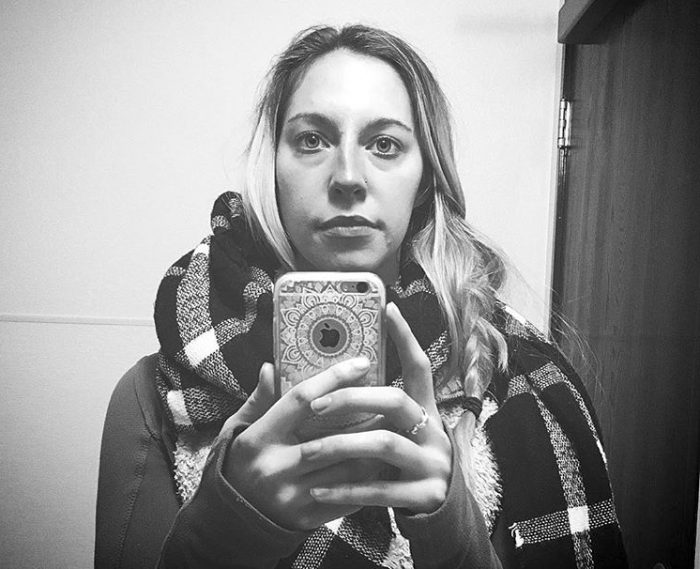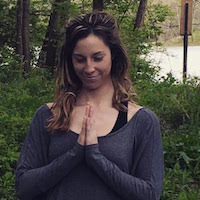In the wake of the tragedies of Kate Spade and Anthony Bourdain’s suicides, one of the most ubiquitous phrases seen on social media is: “If you’re struggling, ask for help.”
As someone who has come back from the edge of mortality, let me assure you the all-consuming darkness that serves as the final stop before people decide to end their own lives is a little more nuanced than simply “asking for help.”
If it were that simple, suicide wouldn’t be the choice of 45,000 Americans every year. No one reaches that decision lightly.
One of the most common responses from loved ones and those affected by suicide is betrayal. Suicide is called a selfish act, thoughtlessly leaving behind those affected.
As I read through op-eds talking about how these two giants were so happy, full of life, and at the pinnacle of success, I am filled with compassion for those of us here, but more so for those of us who have left this world of their own volition. It is the decision of those who have suffered so much in this life that death is preferable.
If we can set aside our judgment, could we see that there are cultural trends (I’m referring to American culture) that can explain the descent into hopelessness, such as financial ruin, trauma, loss of loved ones, isolation, heartbreak, loneliness, and addiction?
The commonality between these topics is that they are all taboos. These circumstances that precede the decision to “end it all” aren’t exactly dinner table conversations, so why would we think someone can just “ask for help?”
Society coaches us not to share these struggles, but rather present an image to the world that says, “I’m fine.”
So why, when we are exhausted from the daily battle of fighting to keep our game faces on just so we can survive in a corrupt world that demands rigorous work schedules, social fronts, and hot bods, all while showering us with the vicissitudes of our ever-threatening political climate would we “ask for help?”
The time to ask for help is much sooner, and as the work of Brené Brown teaches us, it demands not only vulnerability but a party that has the capacity to offer help.
Often people find themselves seeking salvation from their friends and families, and even professionals who through no fault of their own do not have the ability to hear their plea.
People do not automatically become ready to hold space for a friend in darkness. More often than not if someone is in crisis and they “reach out” it goes one of two ways:
Firstly, they are taken to the hospital, put in the psychiatric ward for 72 hours, either sent home with meds or sent to a secondary psychiatric unit where for up to 14 days they attend self-help groups about mental health, meet with a psychiatrist and/or therapist, speak to a social worker, and have their vitals taken twice a day. This might be a useful option; but how many of us have jobs/families/responsibilities that we would neglect, to mutual detriment, if we abandoned our lives while we “got help?”
Furthermore, if we want to preserve our dignity and anonymity while we seek help, how do we explain our absence? What do we say when we get back? Imperatively, we may get the help we need and this course of action could save lives—but it’s so much more than “asking for help.”
Alternatively, we ask for help, and life goes on. Maybe we change our medication; maybe we start meditating. Maybe, after everything, we make the decision to be stronger than our suffering. We find and nurture inner-resilience and self-love and we shoot arrows at the dark thoughts that lure us to drastic measures to escape them. This is a badass path to choose, but it is not for us to judge those who do not choose it.
We are only intimate with our own pain; we cannot know the pain of others.
What I know is this: suicide rates have gone up 30 percent since 1999 in the U.S. If we are to truly foster a society and a world that heals, loves, and makes life so juicy that we don’t want to leave it, then we must become those who heal, love, and nurture.
Yes, let’s ask for help. Let’s do it before it’s too hard. Ask for help now. And be someone that others feel safe going to for aid.







Read 3 comments and reply